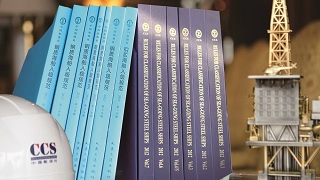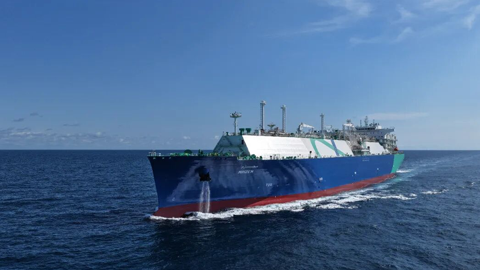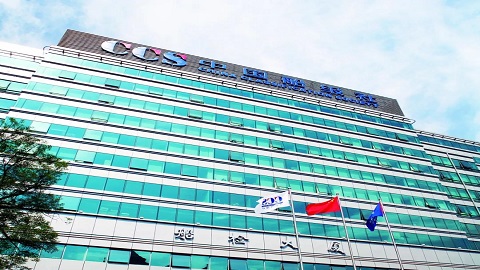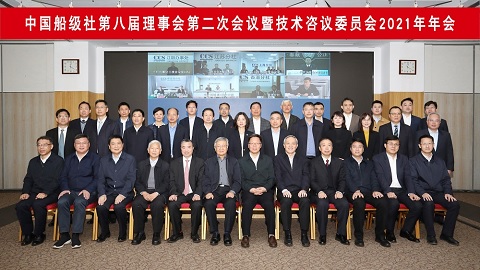9Ni steel is widely used in LNG storage tanks due to its good low temperature toughness.

9Ni steel is widely used in LNG storage tanks
due to its good low temperature toughness. However, nickel alloy has many
shortcomings, such as fluctuating nickel price, and unstable supply and demand . Therefore, it is an
important development direction of LNG storage tank steel to realize the
development of Ni-reduced steel plate without reducing performance by
optimizing the chemical composition design and the advanced manufacturing
process. In 2014, Japan developed 7Ni steel through TMCP and microalloying
technology. It is reported that its strength and toughness were equivalent to
9Ni steel. At present, the comprehensive properties of 7Ni steel developed by
domestic steel plants have also reached the level of 9Ni steel .
Properties of 7Ni steel
Compared with 9Ni steel, the Ni content of 7N steel
is reduced by 2%, which usually reduces the toughness of steel. For 7Ni steel,
the low temperature toughness and strength are generally compensated by
reducing the content of Si and adding a small amount of Cr, Mo and other
alloying elements .
The 7Ni steel has the equivalent tensile
properties of 9Ni steel, and reaches the level of 9Ni according to the data
released by the steel plants .
The 7Ni
steel has the same impact
properties as 9Ni steel .
According to the acceptance criteria of the
above standards, the performance requirements of 7Ni steel are equivalent to
9Ni steel .
Domestic and
international standards
7Ni steel has been included in the JIS standards,
and graded as SL7N590, as well as in the ASTM standards with the grade of SA553
Type III. In 2023, 7Ni steel is included in Steel Plate, Sheet and Strip for
Pressure Equipments - Part 4: Nickel-alloy Steels with Specified Low
Temperatures Properties (GB/ T 713-4), with the grade of 06Ni7DR, which will
come into effect on March 1, 2024.
Case of 7Ni steel
The No.5 LNG storage tank of the first plant of
Osaka Senboku Gas Manufacturing Institute,
a 7Ni steel LNG storage tank developed by Nippon Steel, was
completed at the end of November 2015. Since then, 7Ni steel has been used in
the construction of No.3 LNG tank (Aichi-ken) of Chita-Midorihama Plant of Toho
Gas and LNG storage tank (Fukushima-Ken) of Soma LNG Base, which
was completed in 2017.
Study on the Application
of 7Ni Steel in Marine LNG Storage Tank
At present, the materials for marine LNG
storage tanks specified by the International Maritime Organization (IMO)
include 9Ni steel, austenitic stainless steel, aluminum alloy, 36Ni
steel and high
manganese austenitic steel. For the metallic materials other than
those mentioned above,
the approval of the competent authority may be obtained in consideration
of their possible design loads, properties and intended uses .
At the 102nd
session, the IMO Maritime Safety Committee, aware of the possible need
for other metallic materials, approved the Circular Guidelines for the
Accreditation of Alternative Metallic Materials for Cryogenic Environments for
Ships Carrying Liquefied Gases in Bulk and Ships Using Gases or Other Low Flash
Fuels (IMO MSC.1/Circ.1622) as guidance for the application of metallic
materials outside the IMO Code. Considering that 7Ni steel has not been
included in IMO rules, approval by the competent authority in accordance with
IMO MSC.1/Circ.1622 is required for its application in marine LNG storage tanks
.
T he
compet ent authority can add
or delete the above-mentioned test items according to their possible design
load, performance and intended use .
Services
provided by CCS
CCS
has accepted the
government authorization of more than 60 major shipping countries or
regions in the world, including the Chinese government. Thus, CCS can evaluate
the application of 7Ni steel in specific projects according to the
customer's application .

Note: If you need to reprint, please indicate the source of the information.













